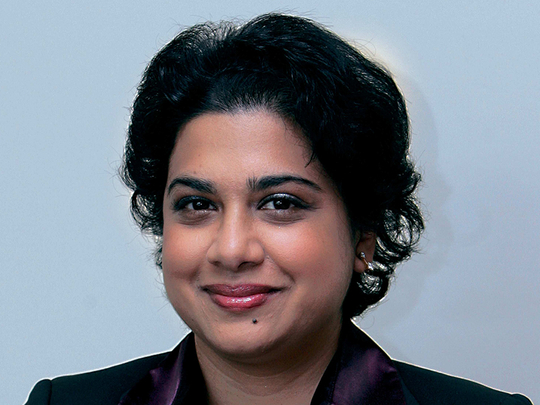
Dubai: The value of projects awarded across the GCC increased 9.9 per cent quarter on quarter in the first three months of 2015 with the growth coming mostly from Qatar and Kuwait, according to data published by Abu Dhabi Commercial Bank (ADCB).
The value of GCC projects awarded rose to the highest level in the first quarter of 2015 seen since the second quarter of 2014. But the increase was limited to Qatar and Kuwait posting 287 per cent and 72 per cent increase in project awards, respectively.
“All other GCC countries saw quarterly falls in the value of projects awarded, with Oman (-43.3 per cent) and the UAE (-35.6 per cent) seeing the largest drops, to below their two-year averages in both cases. The impact of the lower oil price was also seen, with a number of projects placed on hold or cancelled, including chemical (Qatar) and hydrocarbon (Saudi Arabia) projects,” said Monica Malik, Chief Economist of ADCB.
In the UAE, most of the projects cancelled or placed on hold were linked to the real estate sector, with the gradual softening in property prices likely contributing. The project cancellations and postponements in the UAE were largely by smaller property developers, and did not affect the larger mixed-use projects that are part of the UAE’s wider development plans.
Most sectors saw a fall in the value of projects awarded, with the drop in construction projects particularly notable. But there were signs that Dubai was still making progress with key multi-use projects, with projects linked to the Creek and Bluewater Island developments awarded. Only the gas (Abu Dhabi-led) and power (Dubai-led) sectors saw a rise in awarded values.
Construction was the main area seeing delays, with around 40 per cent of planned construction projects being placed on hold. However, this was dominated by a single private real estate project in Ras Al Khaimah. “This gives us confidence that most of the core development plans remain largely on track. The cancelled construction projects were also by smaller developers. We believe that the lower oil price and signs of a softening in Dubai real estate prices contributed,” said Malik.
The project pipeline for the UAE remains strong and broad, with many projects to be awarded in the second quarter of 2015 linked to key developments. There are also a number of projects due to be awarded in Abu Dhabi in the second quarter linked to the Saadiyat museums, whilst the transportation sector is expected to receive a boost from Etihad Rail projects. In Dubai, theme park projects are also expected to be awarded.
“The second quarter could potentially see more project value being awarded than the first quarter, though we still see risks of delays and cancellations. Moreover, the strong project pipeline in the second quarter could well be spread throughout 2015,” said Malik.
Saudi Arabia saw a stronger execution level, with 72.7 per cent of all planned projects being awarded.
Although Qatar and Kuwait saw strong growth in the value of projects awarded both countries saw a fall in the number of projects, indicating a focus on larger-ticket projects.
“The data (on project awards) thus far is in line with our expectation of a deceleration in investment growth in 2015 on the back of lower oil prices. We expect the project market to rise in 2015, albeit at a weaker pace than in 2013 and 2014, which were particularly strong years,” Malik said.












